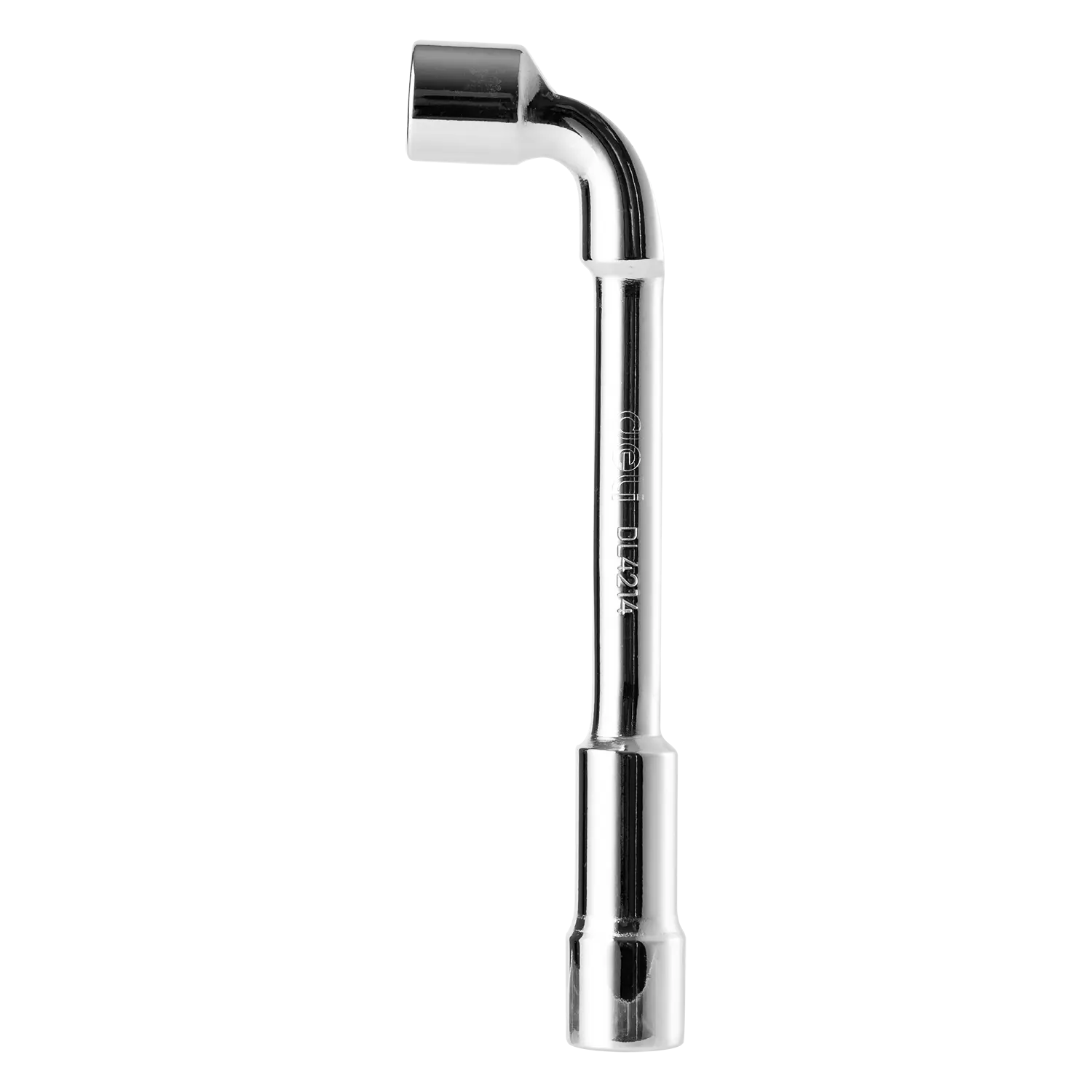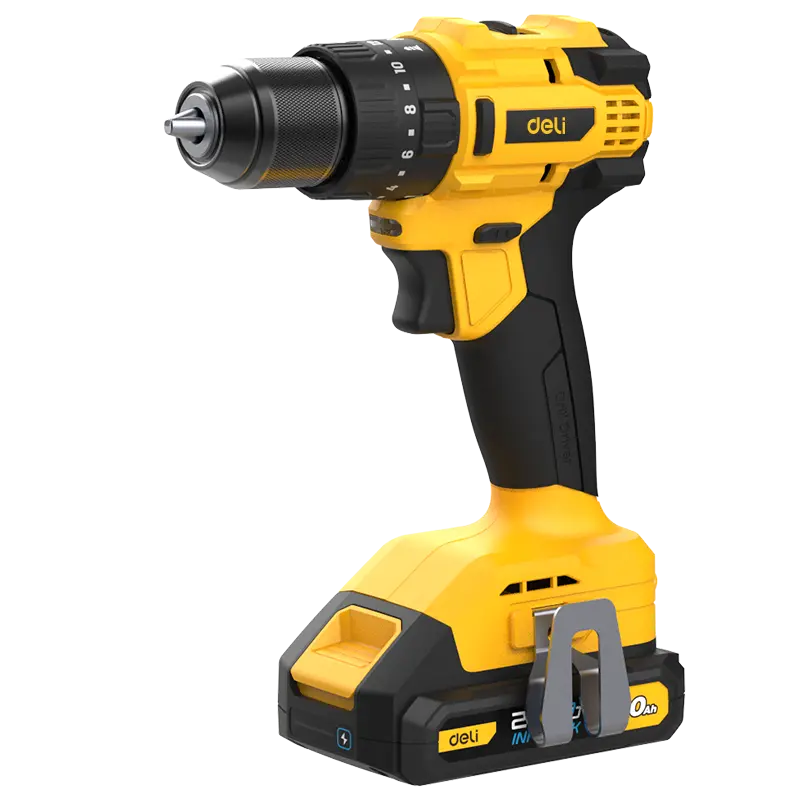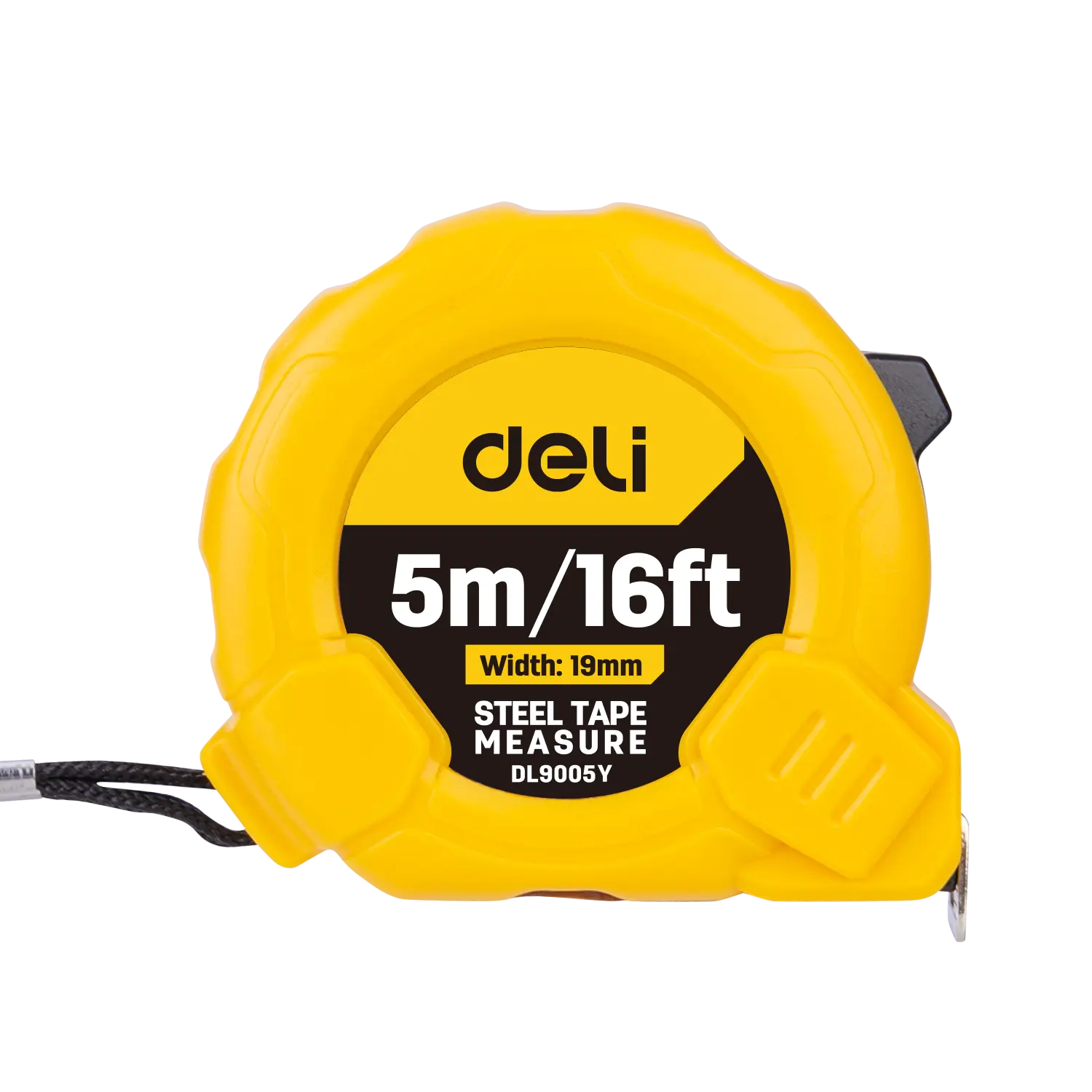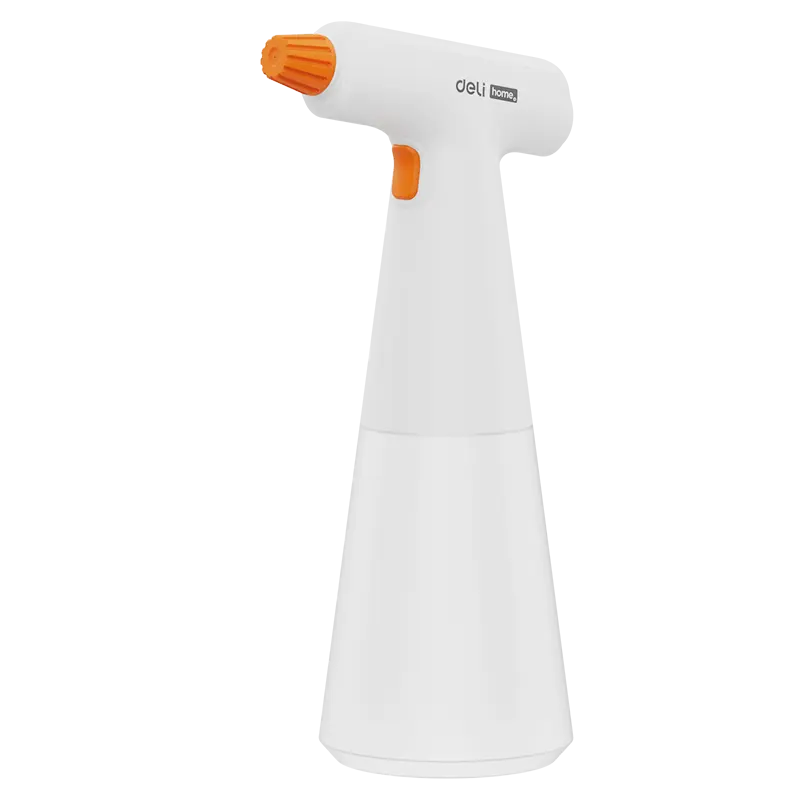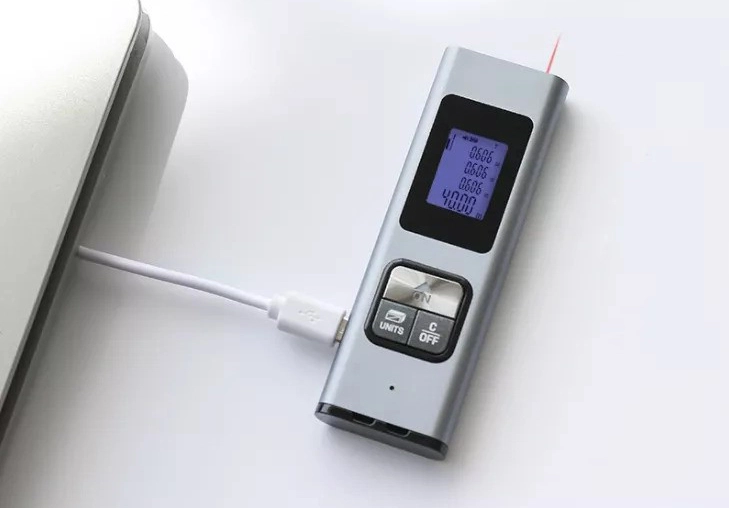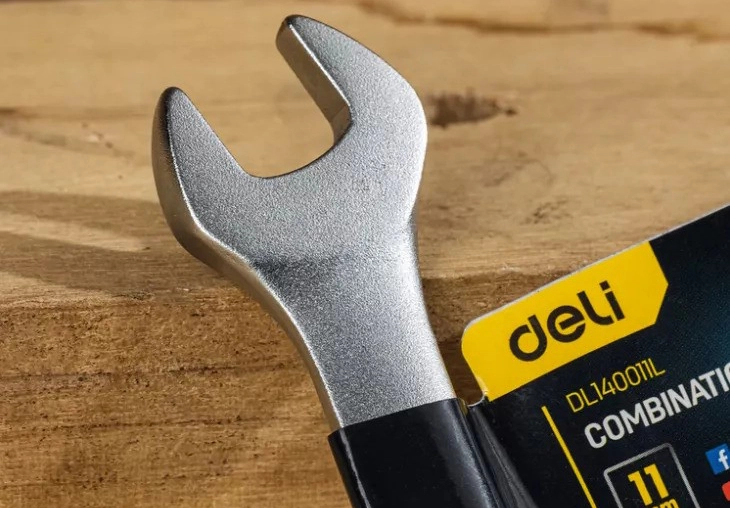The quest for precision in distance measurement has led many to rely on a laser rangefinder, a tool that has revolutionized various fields, from golfing to hunting, and even in construction and military applications. The accuracy of a laser rangefinder is a topic of great interest and importance, given its widespread use. But how accurate is a laser rangefinder, really? Let’s dive into the world of these fascinating devices to uncover their precision capabilities and the factors that influence their accuracy.
Understanding Laser Rangefinder Accuracy
The accuracy of a laser rangefinder is often highlighted as its most significant advantage. Typically, a high-quality laser rangefinder can boast an accuracy of +/- 1 yard over distances up to 1000 yards. This incredible precision is achieved through the use of lasers which measure the time it takes for a pulse to travel from the rangefinder to the target and back. The speed of light is constant, so the rangefinder can calculate the distance with remarkable precision. However, several factors can influence this accuracy.
Environmental Conditions
Environmental conditions play a crucial role in the performance of a laser rangefinder. Factors such as rain, fog, and high humidity can scatter the laser beam, leading to less accurate readings. Advanced models come equipped with features to mitigate these effects, but it’s important to understand that extreme conditions can still impact accuracy.
Target Reflectivity
The surface of the target also affects the accuracy of a laser rangefinder. Surfaces that are highly reflective will return the laser pulse more efficiently than those that are dark or non-reflective, which may absorb the laser beam. As a result, the device can measure distances to reflective targets with higher precision.
Angle and Slope
When measuring distances on uneven terrain, the angle and slope between the user and the target can alter the perceived distance. Many modern laser rangefinders incorporate angle compensation technology to adjust for this, ensuring that the accuracy remains high even in challenging topographies.
Choosing the Right Laser Rangefinder
Selecting a laser rangefinder by Deli Tools Global that meets your specific needs is essential for achieving the best accuracy. For instance, golfers might prefer rangefinders with pin-seeking technology and slope compensation, while hunters could prioritize models with long-range capabilities and weather resistance.
Consider Your Application
Understanding your primary use for a laser rangefinder will guide you towards a model that emphasizes the right features for your activities. Whether it’s for sports, surveying, or outdoor adventures, there’s a rangefinder designed to deliver optimal accuracy for your needs.
Look for Quality Optics
The quality of optics in a laser rangefinder significantly affects its accuracy. High-quality lenses and prisms offer clearer views and more precise distance measurements, enhancing the overall performance of the device.
Check for Advanced Features
Models equipped with advanced features such as atmospheric compensation, angle adjustment, and high-speed measurement capabilities can provide more accurate readings under a variety of conditions. These features can be particularly useful for professionals who require the utmost precision in their measurements.
Maintaining Your Laser Rangefinder for Optimal Accuracy
To ensure that your laser rangefinder maintains its accuracy over time, regular maintenance is essential. This includes keeping the lens clean, storing the device properly when not in use, and following the manufacturer’s guidelines for calibration and battery replacement.
Cleaning and Storage
A clean lens is critical for accurate measurements. Dirt or fingerprints can distort the laser beam, leading to inaccurate readings. Storing your rangefinder in a protective case when not in use will also protect it from damage and environmental factors that could affect its performance.
Regular Calibration Checks
Periodic calibration checks are recommended to ensure that your laser rangefinder continues to provide accurate readings. Refer to your device’s manual for instructions on calibration or seek professional assistance if needed.
In conclusion, the accuracy of a laser rangefinder by a China power tool accessories supplier can be remarkably high, making it an invaluable tool for many applications. However, its precision depends on various factors including environmental conditions, target characteristics, and device features. By choosing the right model and maintaining it properly, you can maximize the accuracy of your laser rangefinder and rely on it for precise measurements in any situation.

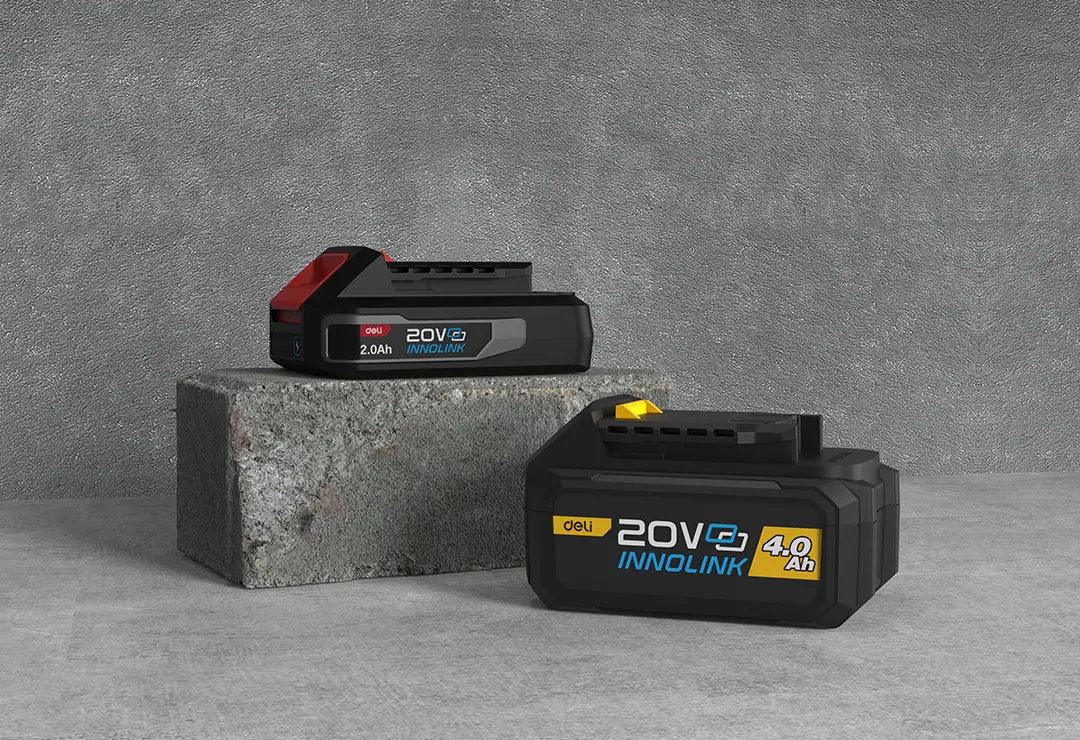
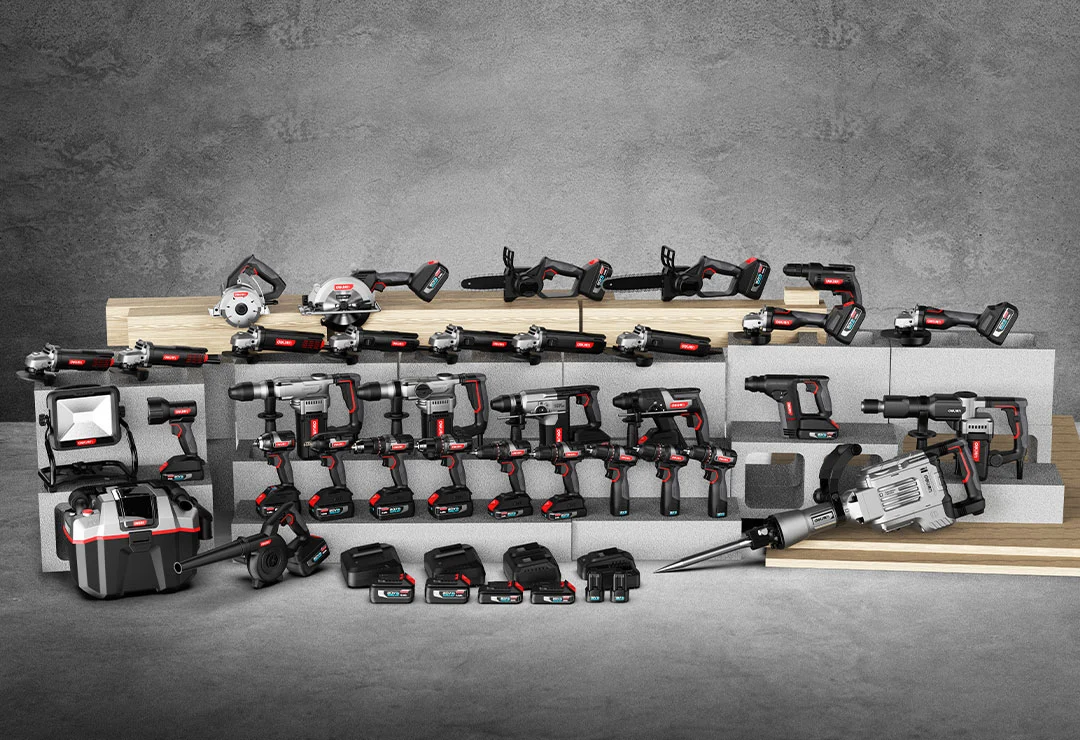
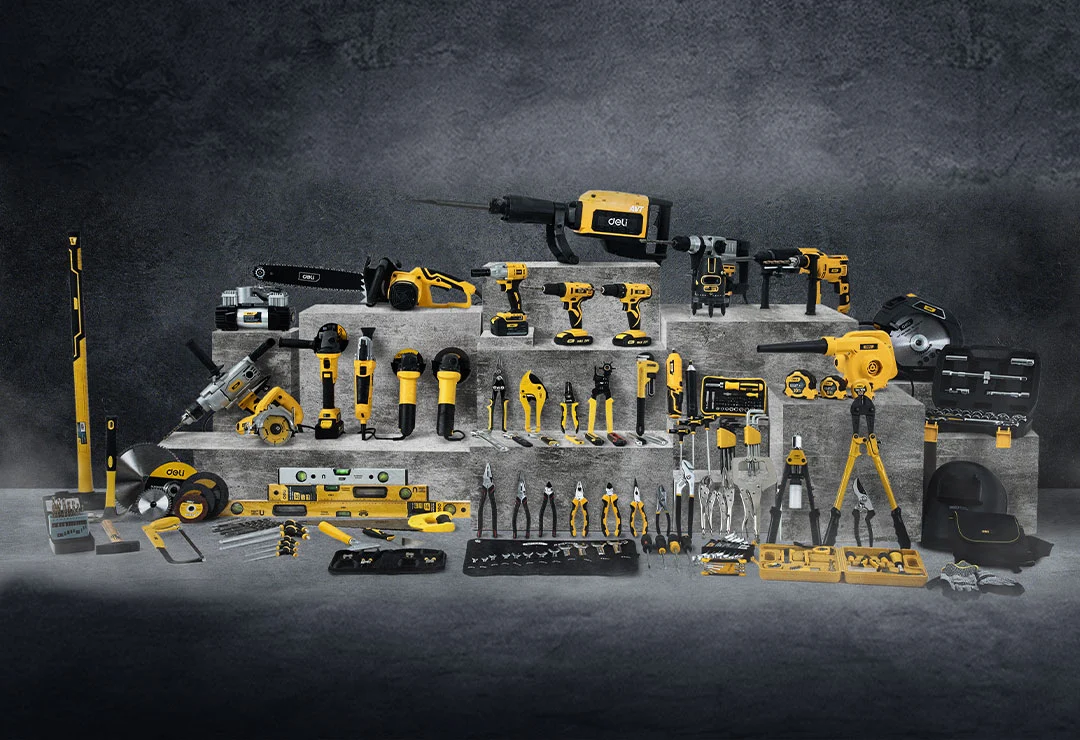
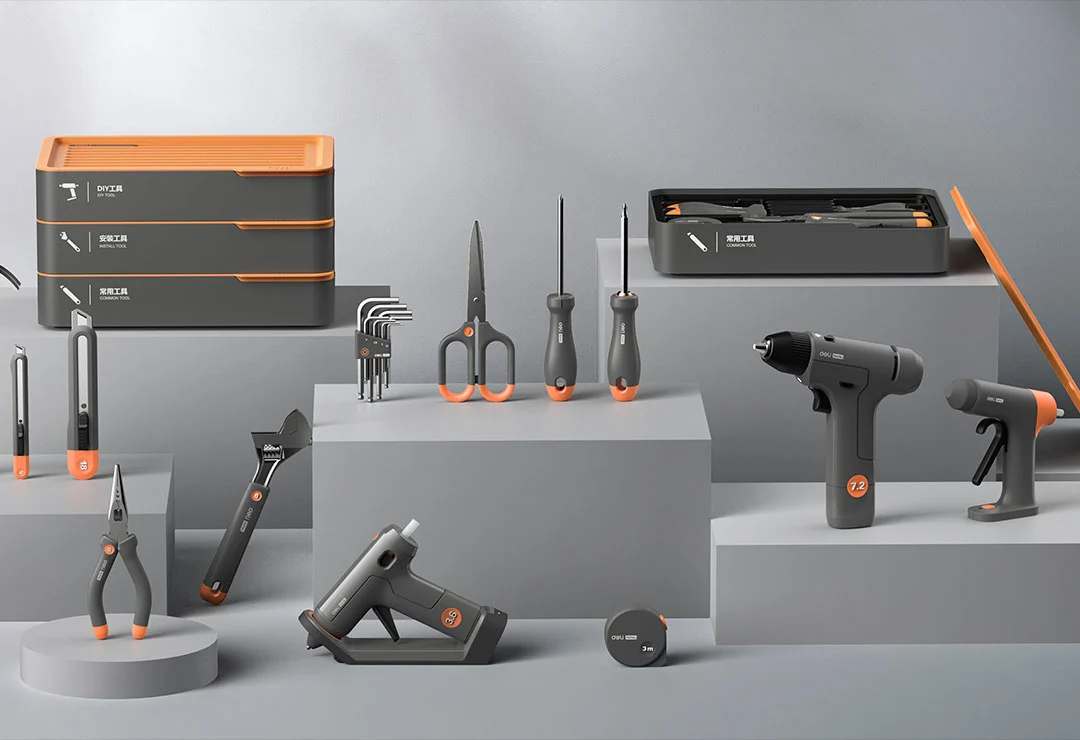
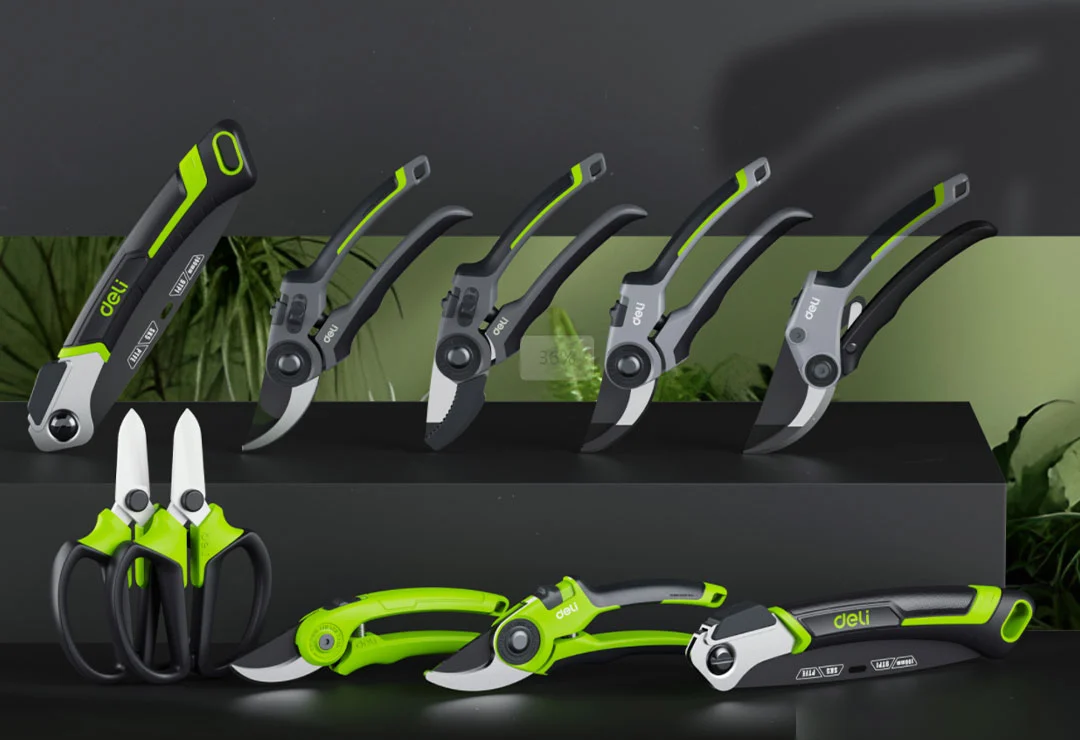
 EN
EN
 jp
jp  ko
ko  fr
fr  de
de  es
es  it
it  ru
ru  pt
pt  ar
ar  vi
vi  th
th  hi
hi  pl
pl  id
id  el
el 